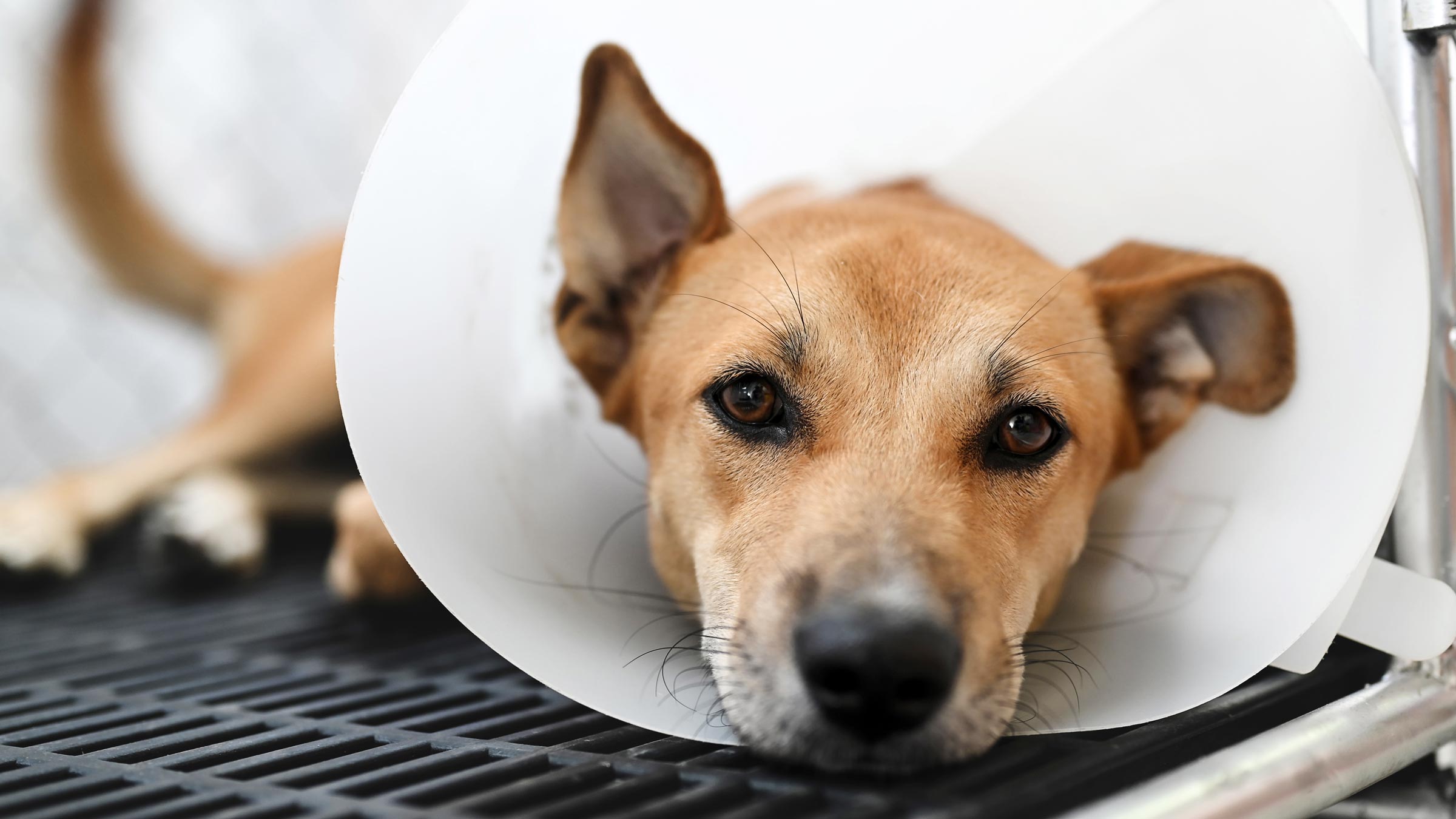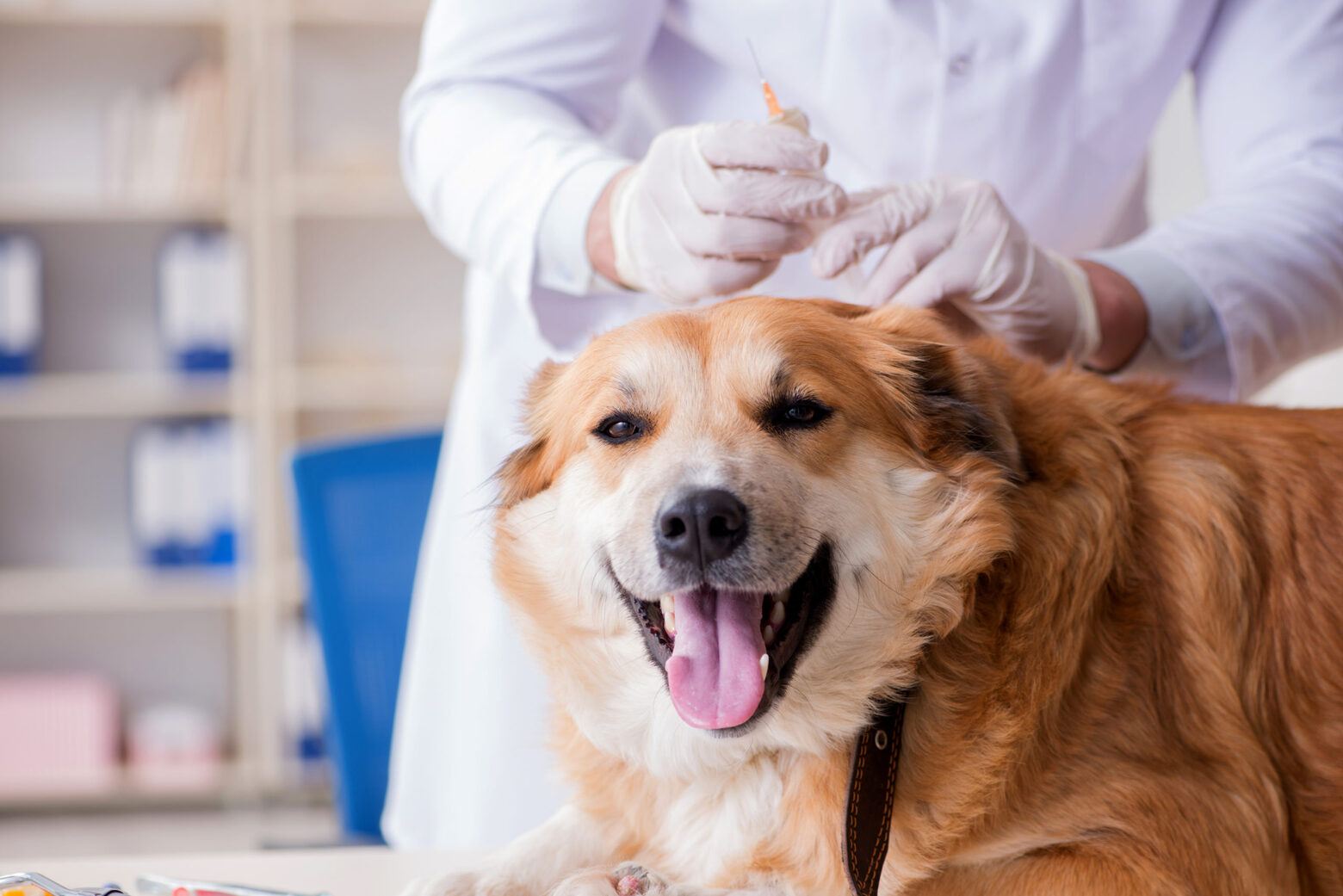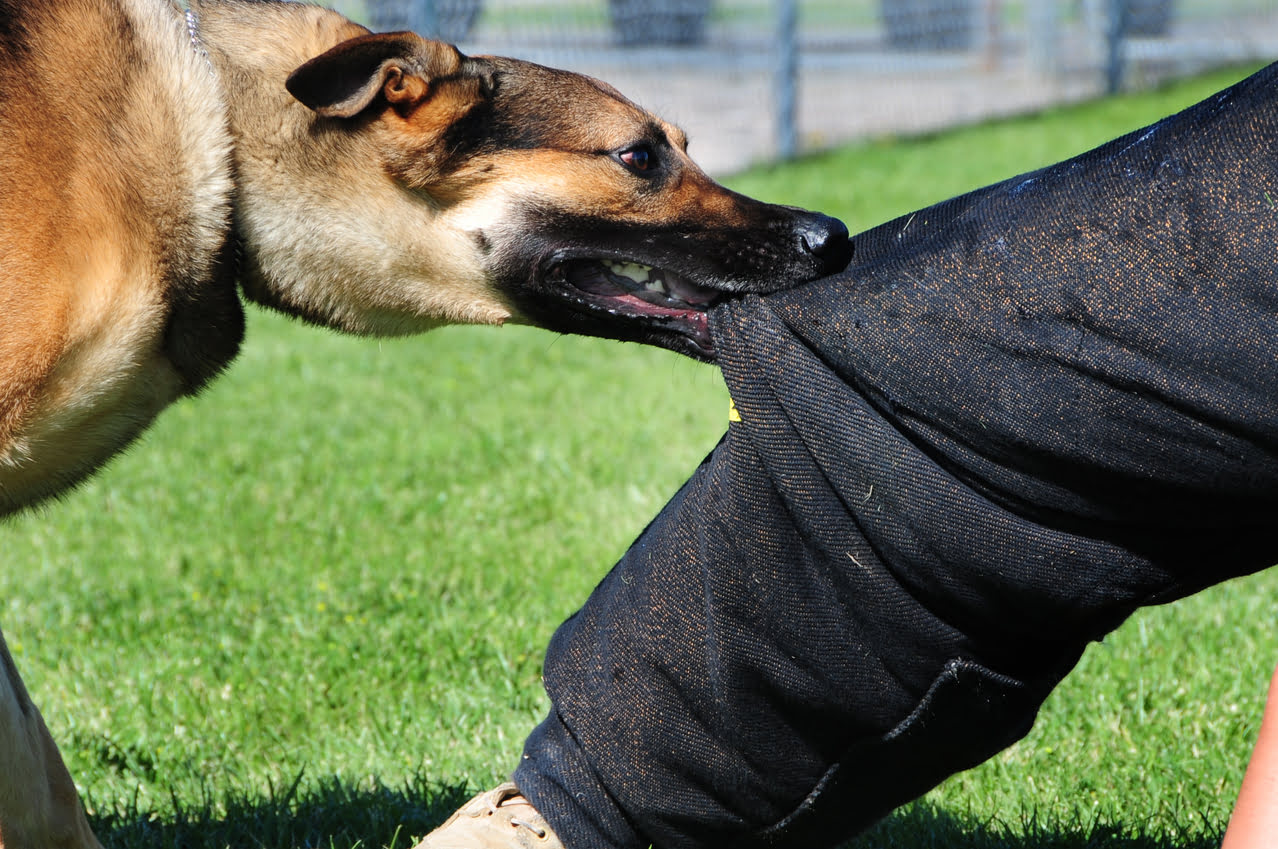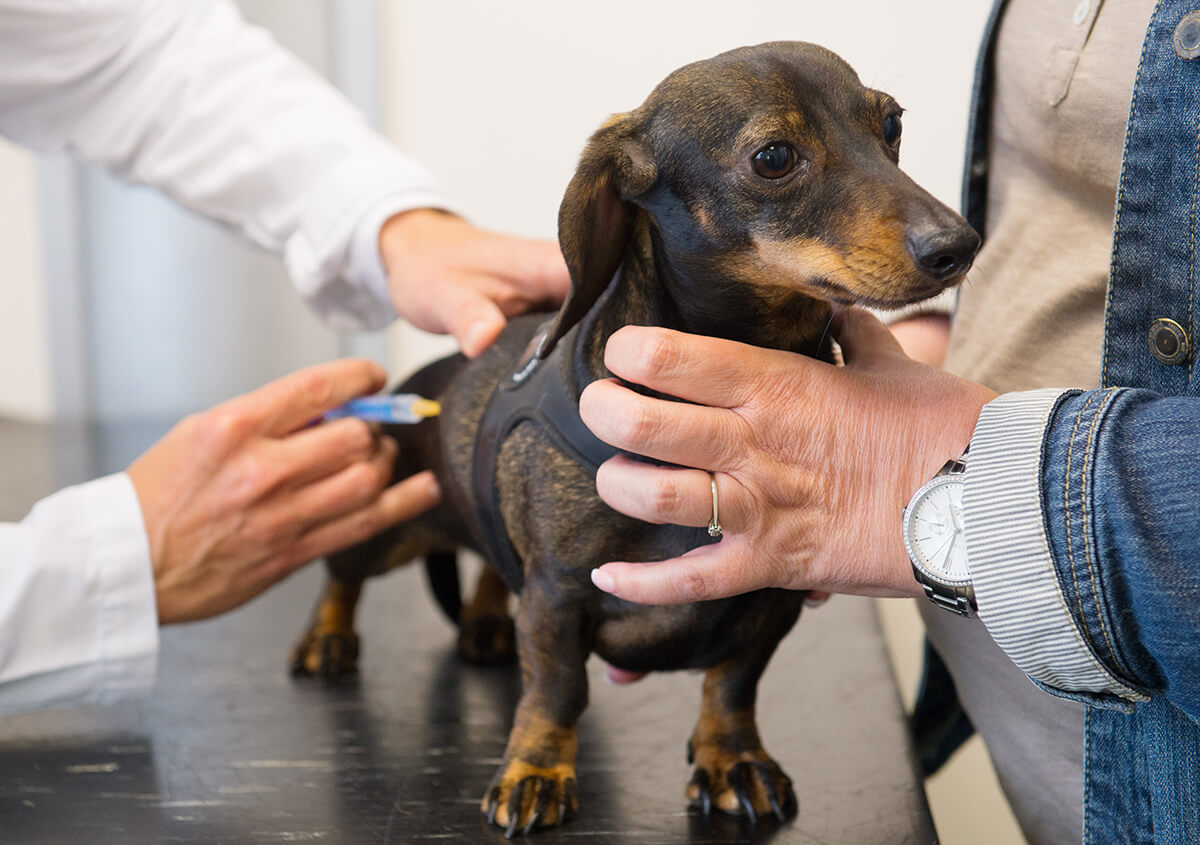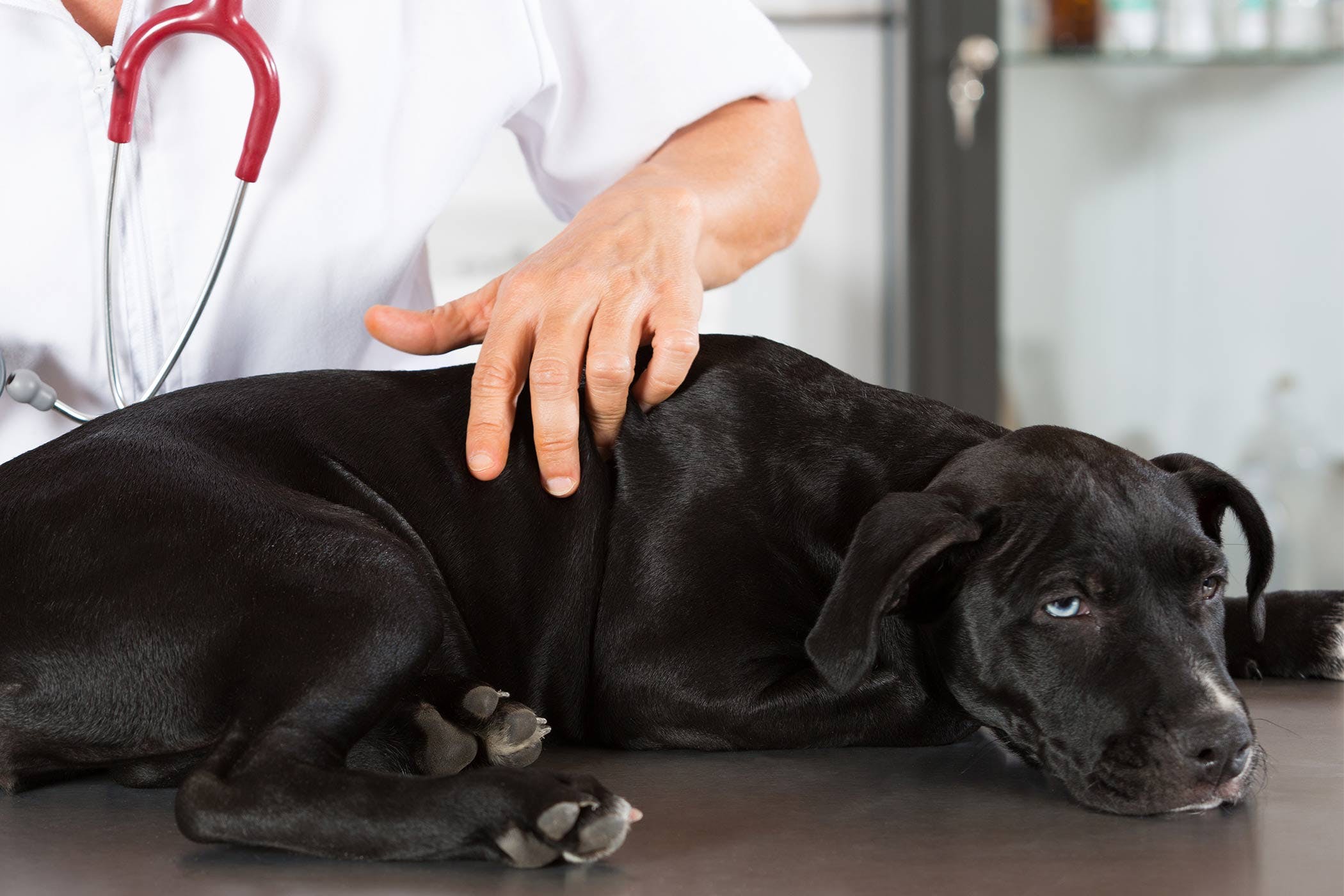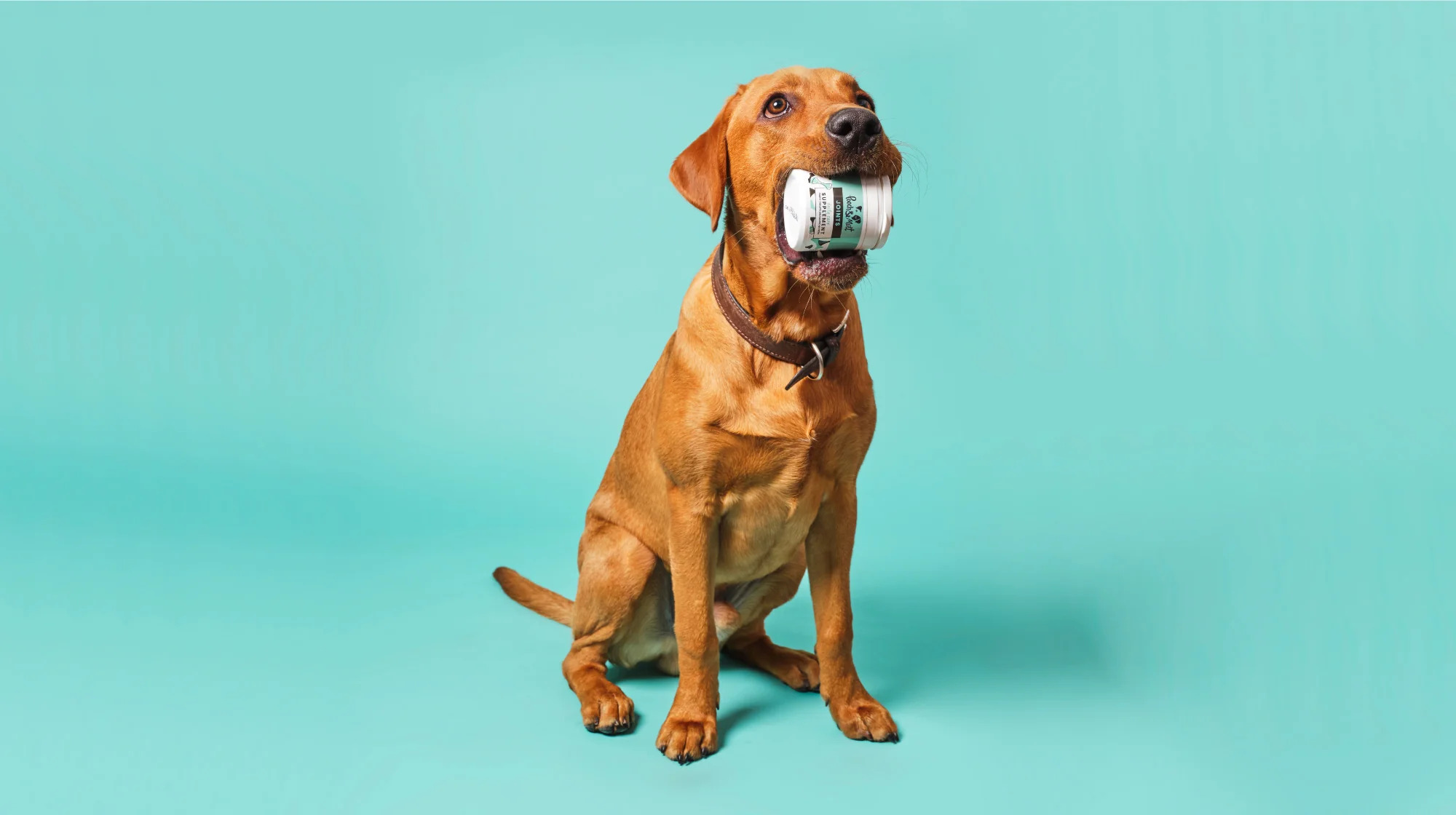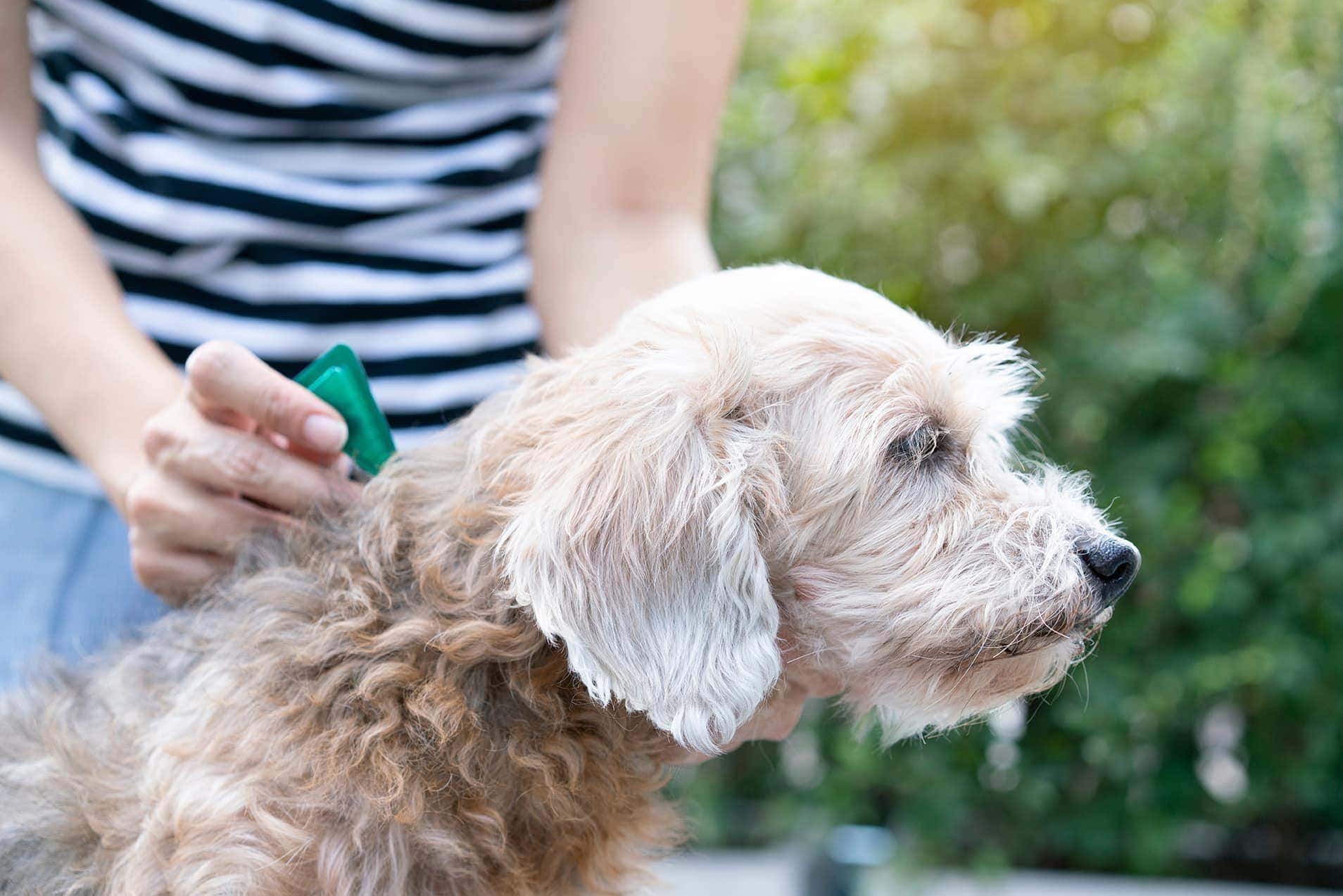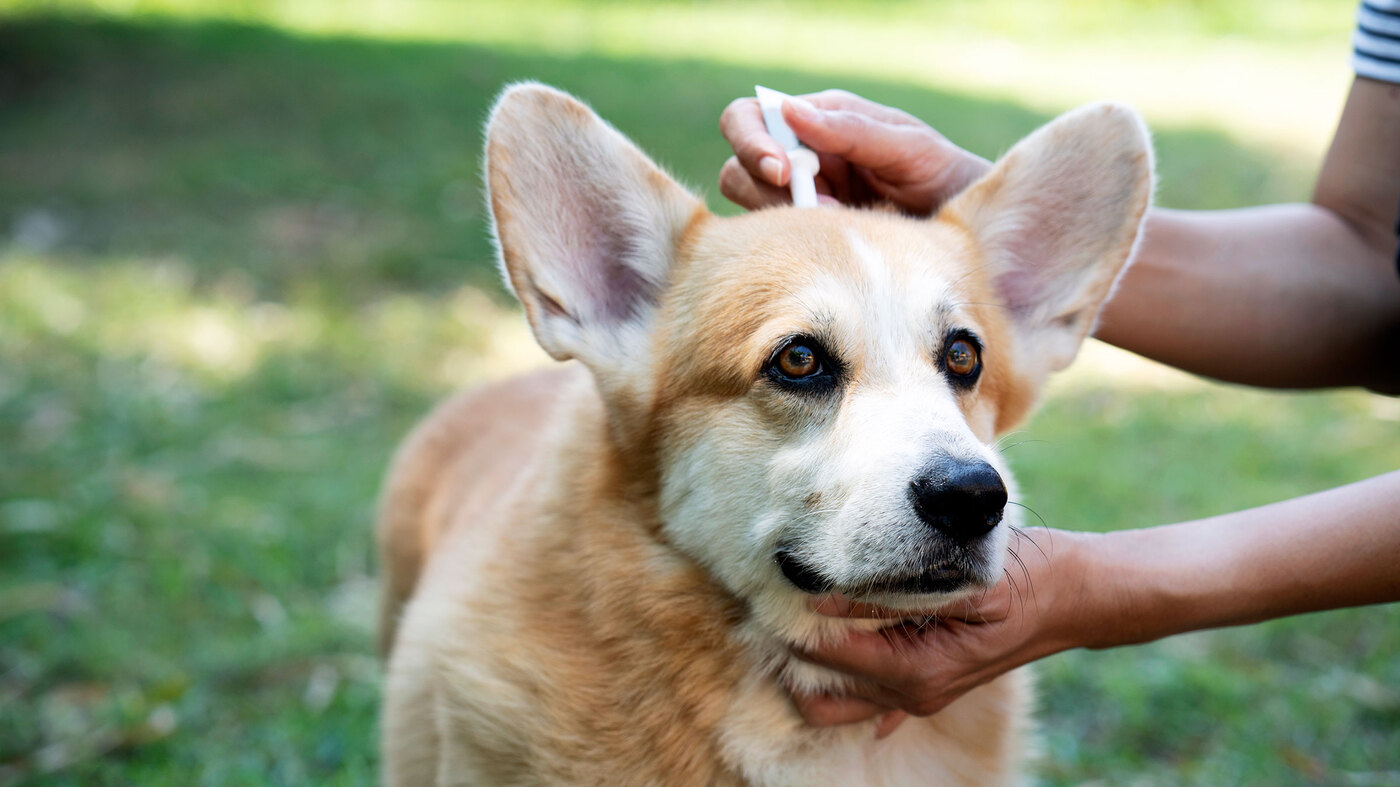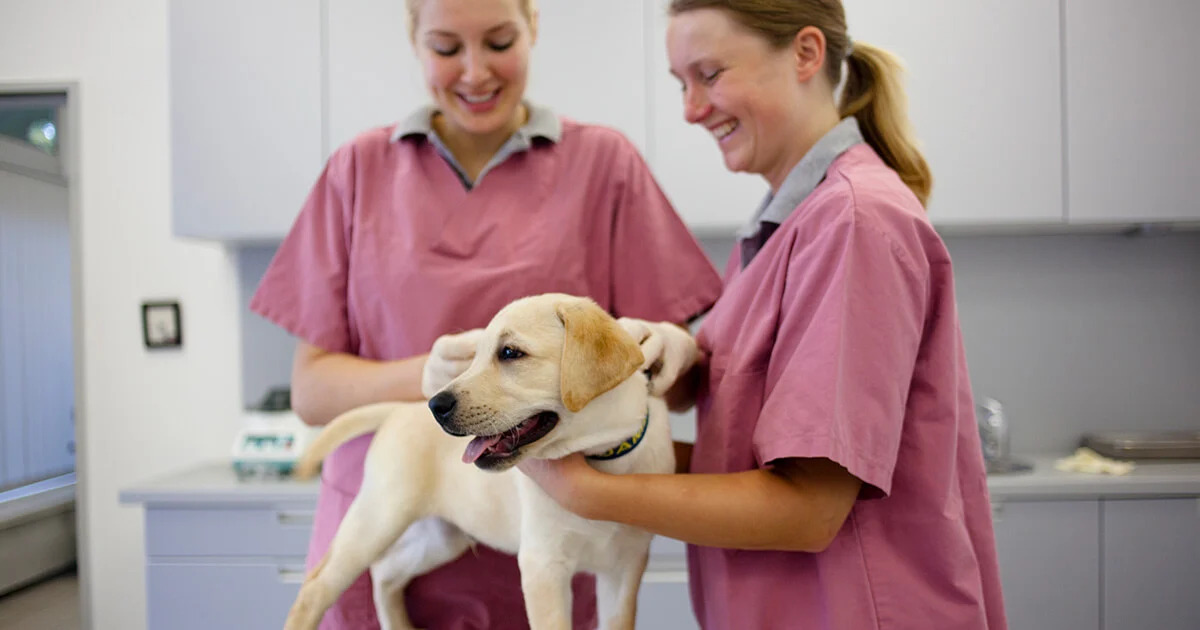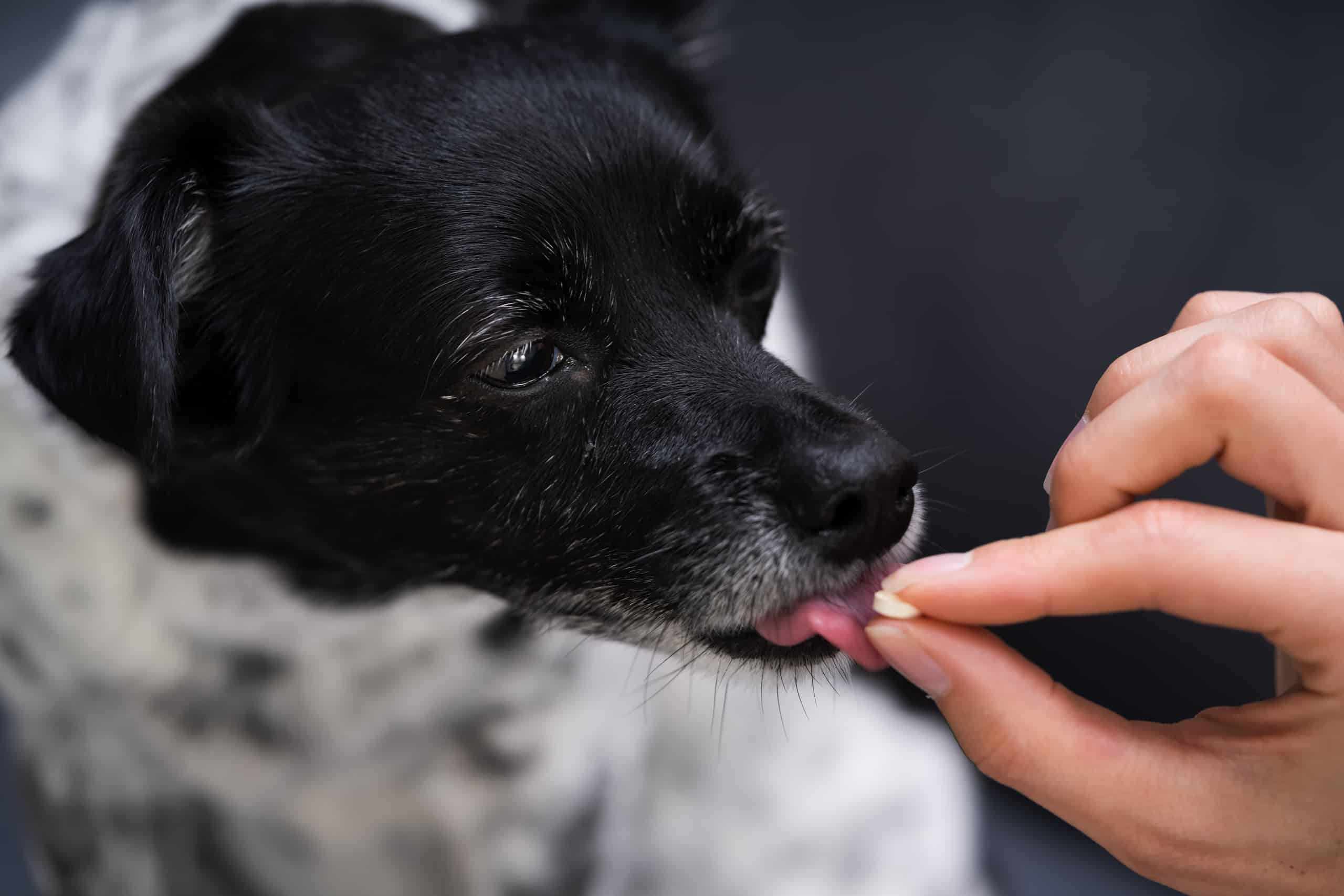Home>Health & Wellness>Common Health Issues>How Often Do Dogs Need Bordetella Vaccinations


Common Health Issues
How Often Do Dogs Need Bordetella Vaccinations
Published: February 2, 2024
Learn about common health issues for dogs, including the frequency of Bordetella vaccinations. Ensure your pet's well-being with proper vaccination schedules.
(Many of the links in this article redirect to a specific reviewed product. Your purchase of these products through affiliate links helps to generate commission for Pawsomeoldies.com, at no extra cost. Learn more)
Table of Contents
Introduction
When it comes to ensuring the health and well-being of our canine companions, vaccinations play a crucial role in preventing various infectious diseases. One such vaccination that is essential for dogs is the Bordetella vaccine. This vaccine is specifically designed to protect dogs from Bordetella bronchiseptica, a bacterium that can cause respiratory infections commonly known as kennel cough.
Kennel cough is highly contagious and can spread rapidly in environments where dogs congregate, such as boarding facilities, dog parks, and grooming salons. The symptoms of kennel cough include persistent coughing, sneezing, nasal discharge, and in some cases, fever. While kennel cough is typically not life-threatening for healthy adult dogs, it can pose a more serious risk to puppies, senior dogs, or those with weakened immune systems.
Given the potential for kennel cough to spread quickly and the discomfort it can cause for our furry friends, it's clear why Bordetella vaccinations are a crucial aspect of preventive healthcare for dogs. By understanding the importance of Bordetella vaccinations and the optimal frequency for administering them, dog owners can take proactive measures to safeguard their pets' health and minimize the risk of kennel cough outbreaks.
Read more: How Often Do Dogs Get Rabies Vaccinations
What is Bordetella?
Bordetella bronchiseptica is a bacterium that can cause respiratory infections in dogs. It is commonly associated with kennel cough, a highly contagious condition that affects the respiratory system. Kennel cough earned its name due to its propensity to spread rapidly in environments where dogs are in close proximity, such as boarding facilities, dog parks, and grooming salons.
The bacterium can be transmitted through the air or by direct contact with infected dogs. Once a dog is exposed to Bordetella bronchiseptica, the bacterium can attach to the lining of the respiratory tract, leading to inflammation and irritation. This, in turn, triggers the characteristic symptoms of kennel cough, including persistent coughing, sneezing, and nasal discharge.
It's important to note that while Bordetella bronchiseptica is a primary culprit in kennel cough, other pathogens such as parainfluenza virus and canine adenovirus type 2 can also contribute to the development of this respiratory condition. However, the Bordetella bacterium remains a significant concern due to its ability to cause respiratory distress and compromise the overall health of affected dogs.
In addition to being a concern for individual dogs, kennel cough outbreaks can pose challenges for dog owners, veterinary professionals, and pet care facilities. The highly contagious nature of kennel cough means that it can spread rapidly within dog populations, leading to disruptions in socialization opportunities and potentially impacting the overall well-being of canine communities.
Given the potential impact of Bordetella bronchiseptica on canine health and the broader dog population, vaccination against this bacterium is a key preventive measure. Bordetella vaccinations are designed to stimulate the dog's immune system to produce protective antibodies, thereby reducing the risk of infection and minimizing the severity of symptoms if exposure occurs.
By understanding the nature of Bordetella bronchiseptica and its role in causing kennel cough, dog owners can appreciate the importance of vaccination in safeguarding their pets' respiratory health and contributing to the overall well-being of the canine community.
Importance of Bordetella Vaccinations for Dogs
Bordetella vaccinations play a pivotal role in safeguarding the health and well-being of dogs, particularly in environments where canine interactions are frequent. The significance of these vaccinations stems from the highly contagious nature of kennel cough, which is primarily caused by Bordetella bronchiseptica. By administering Bordetella vaccinations, dog owners and caregivers can take proactive measures to protect their pets from this respiratory infection and contribute to the broader health of the canine community.
Kennel cough, characterized by persistent coughing, sneezing, and nasal discharge, can significantly impact a dog's quality of life. Beyond the discomfort it causes, kennel cough can lead to reduced activity levels, appetite changes, and overall lethargy. Puppies, senior dogs, and those with compromised immune systems are particularly vulnerable to the effects of kennel cough, making preventive measures such as vaccinations all the more crucial.
In addition to the individual well-being of dogs, the importance of Bordetella vaccinations extends to the broader community of canine companions. In environments where dogs congregate, such as boarding facilities, training classes, and dog parks, the risk of kennel cough transmission is heightened. Without adequate vaccination coverage, the potential for kennel cough outbreaks increases, posing challenges for dog owners, veterinary professionals, and pet care facilities.
Furthermore, the economic impact of kennel cough outbreaks cannot be overlooked. The need for quarantine measures, veterinary treatment, and potential disruptions to pet care services can result in financial strain for dog owners and businesses alike. By prioritizing Bordetella vaccinations, dog owners can contribute to the prevention of kennel cough outbreaks, thereby reducing the associated economic burdens and promoting a healthier environment for canine socialization and care.
Ultimately, the importance of Bordetella vaccinations for dogs lies in their role as a proactive measure to prevent respiratory infections and minimize the spread of kennel cough within the canine community. By prioritizing preventive healthcare through vaccinations, dog owners demonstrate their commitment to the well-being of their pets and contribute to the creation of safer, healthier environments for all dogs to thrive.
Frequency of Bordetella Vaccinations
Determining the optimal frequency for administering Bordetella vaccinations is a key consideration for dog owners and veterinary professionals alike. The goal is to strike a balance between ensuring continuous protection against kennel cough and minimizing unnecessary vaccine administration. While the specific vaccination schedule may vary based on factors such as a dog's age, lifestyle, and overall health, certain guidelines can help inform the frequency of Bordetella vaccinations.
In general, the standard recommendation for Bordetella vaccinations involves an initial series of two doses, given two to four weeks apart. This initial series helps prime the dog's immune system to recognize and respond to the Bordetella bacterium, laying the foundation for robust protection. Following the initial series, a booster shot is typically administered annually to maintain immunity against kennel cough.
However, it's important to note that the frequency of Bordetella vaccinations may be influenced by individual factors. For example, dogs that are frequently exposed to environments where kennel cough is prevalent, such as boarding facilities or dog shows, may benefit from more frequent booster shots. In such cases, a semi-annual vaccination schedule might be recommended to provide enhanced protection against potential exposure to Bordetella bronchiseptica.
Additionally, the age of the dog can impact the frequency of Bordetella vaccinations. Puppies, whose immune systems are still developing, may require more frequent booster shots during their early months to bolster their immunity against kennel cough. As they mature, the vaccination schedule can transition to annual boosters, aligning with the standard recommendation for adult dogs.
Furthermore, the overall health and medical history of the dog should be taken into account when determining the frequency of Bordetella vaccinations. Dogs with underlying health conditions or those receiving immunosuppressive treatments may require a tailored vaccination schedule to ensure adequate protection against kennel cough.
By considering these factors and consulting with a veterinarian, dog owners can establish a vaccination plan that aligns with their pet's specific needs. Regular discussions with veterinary professionals can provide valuable insights into the optimal frequency of Bordetella vaccinations, taking into consideration the dog's lifestyle, risk factors, and overall well-being.
In essence, the frequency of Bordetella vaccinations is not a one-size-fits-all approach. Instead, it involves thoughtful consideration of individual circumstances to ensure that dogs receive the appropriate level of protection against kennel cough while minimizing the potential for over-vaccination. Through personalized vaccination plans, dog owners can prioritize their pets' respiratory health and contribute to a safer, more resilient canine community.
Factors to Consider for Bordetella Vaccination Frequency
When determining the frequency of Bordetella vaccinations for dogs, several key factors come into play, influencing the optimal vaccination schedule tailored to the individual needs of each canine companion. By taking these factors into consideration, dog owners and veterinary professionals can make informed decisions regarding the vaccination frequency, ensuring that dogs receive the necessary protection against kennel cough while minimizing the risk of over-vaccination.
-
Lifestyle and Environmental Exposure: The lifestyle and environmental exposure of a dog play a significant role in determining the frequency of Bordetella vaccinations. Dogs that frequently interact with other canines in settings such as boarding facilities, dog parks, or training classes are at a higher risk of exposure to Bordetella bronchiseptica. In such cases, a more frequent vaccination schedule, potentially including semi-annual booster shots, may be recommended to enhance protection against kennel cough.
-
Age and Developmental Stage: The age of the dog is another crucial factor to consider when establishing the vaccination frequency. Puppies, whose immune systems are still developing, may require a more frequent vaccination schedule during their early months to ensure adequate immunity against kennel cough. As they mature, the vaccination frequency can transition to align with the standard recommendation for adult dogs, typically involving annual booster shots.
-
Health Status and Medical History: The overall health and medical history of the dog should be carefully evaluated to determine the appropriate vaccination frequency. Dogs with underlying health conditions or those undergoing immunosuppressive treatments may require a tailored vaccination schedule to optimize their protection against kennel cough. Additionally, a thorough assessment of the dog's medical history can provide insights into any previous vaccine reactions or specific health considerations that may impact the vaccination frequency.
-
Exposure Risk Factors: Understanding the specific risk factors for kennel cough exposure in a dog's environment is essential for tailoring the vaccination frequency. Factors such as travel frequency, exposure to new canine companions, and participation in dog-related events can influence the dog's susceptibility to Bordetella bronchiseptica. By assessing these exposure risk factors, veterinary professionals can recommend a vaccination schedule that aligns with the dog's unique circumstances.
-
Consultation with Veterinary Professionals: Regular consultations with veterinary professionals are invaluable for determining the optimal vaccination frequency for dogs. Veterinarians can provide personalized recommendations based on a comprehensive understanding of the dog's health, lifestyle, and environmental factors. By engaging in open communication with veterinary professionals, dog owners can gain valuable insights into the vaccination frequency best suited to their pet's individual needs.
By carefully considering these factors and seeking guidance from veterinary professionals, dog owners can establish a vaccination plan that prioritizes their pet's respiratory health while minimizing the potential for over-vaccination. This personalized approach to Bordetella vaccination frequency underscores the commitment to proactive preventive healthcare, ultimately contributing to the well-being of canine companions in diverse environments.
Conclusion
In conclusion, the frequency of Bordetella vaccinations for dogs is a critical aspect of preventive healthcare that requires thoughtful consideration and personalized planning. By understanding the nature of Bordetella bronchiseptica and the impact of kennel cough on canine health and community well-being, dog owners can prioritize the vaccination frequency that aligns with their pet's individual needs.
The importance of Bordetella vaccinations cannot be overstated, particularly in environments where dogs congregate and interact. Kennel cough, with its characteristic respiratory symptoms, can significantly affect a dog's quality of life and pose challenges for the broader canine community. Through the administration of Bordetella vaccinations, dog owners demonstrate their commitment to safeguarding their pets from this contagious respiratory infection and contributing to a healthier, more resilient environment for all dogs.
The optimal frequency for administering Bordetella vaccinations is influenced by various factors, including a dog's lifestyle, age, health status, and exposure risk factors. By taking these factors into account and engaging in regular discussions with veterinary professionals, dog owners can establish a vaccination plan that provides the necessary protection against kennel cough while minimizing the potential for over-vaccination.
Ultimately, the personalized approach to Bordetella vaccination frequency reflects a dedication to proactive preventive healthcare for dogs. By prioritizing the well-being of their pets and considering the broader impact on the canine community, dog owners play a vital role in creating safer, more resilient environments where dogs can thrive and socialize with confidence.
In essence, the frequency of Bordetella vaccinations serves as a proactive measure to mitigate the risk of kennel cough and contribute to the overall health and vitality of canine companions. Through informed decision-making and collaboration with veterinary professionals, dog owners can navigate the complexities of vaccination frequency, ensuring that their pets receive the tailored protection they need to lead healthy, fulfilling lives.
By embracing this proactive approach to preventive healthcare, dog owners uphold a commitment to the well-being of their beloved pets and contribute to the creation of vibrant, thriving communities where dogs can enjoy a life of vitality and companionship.
